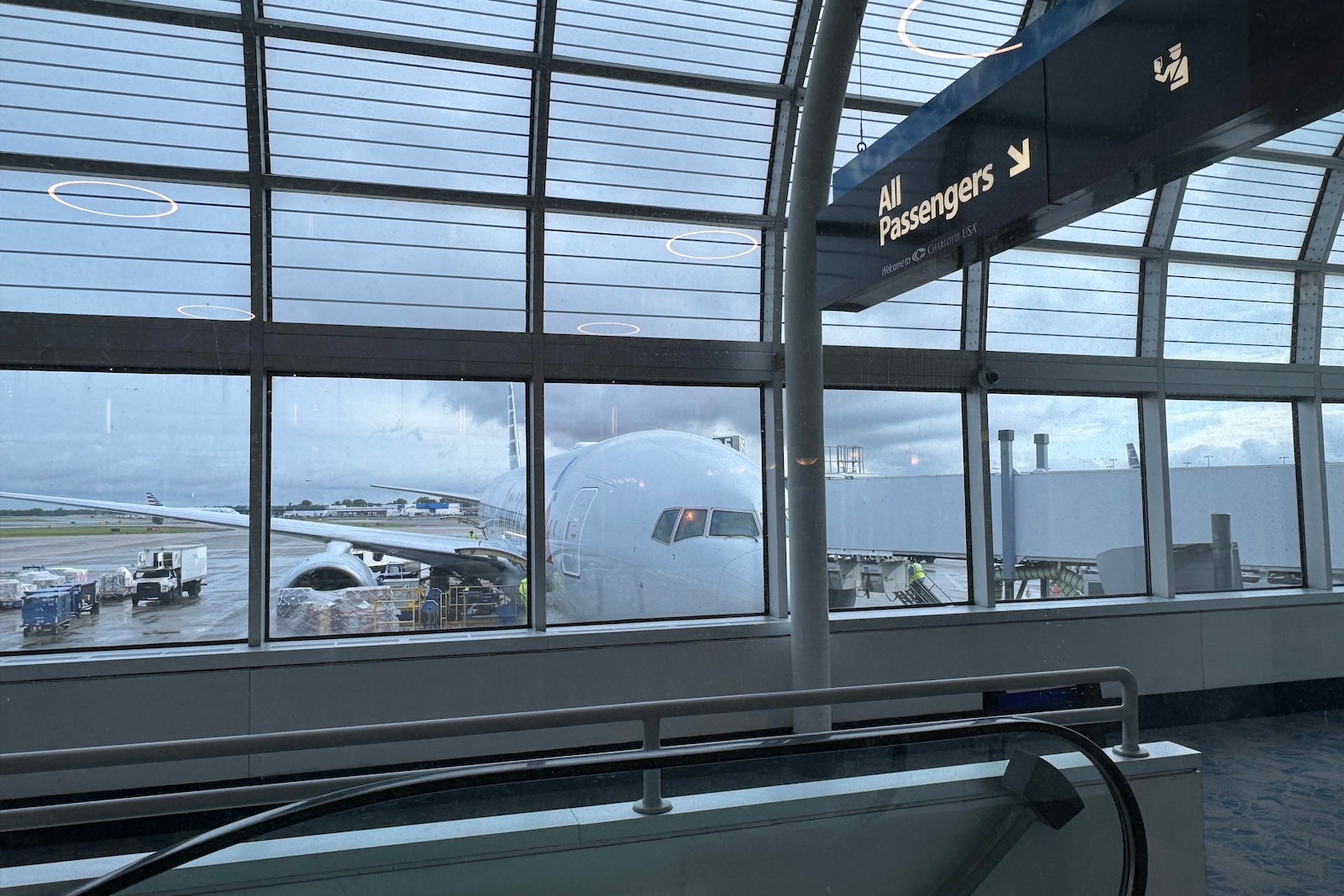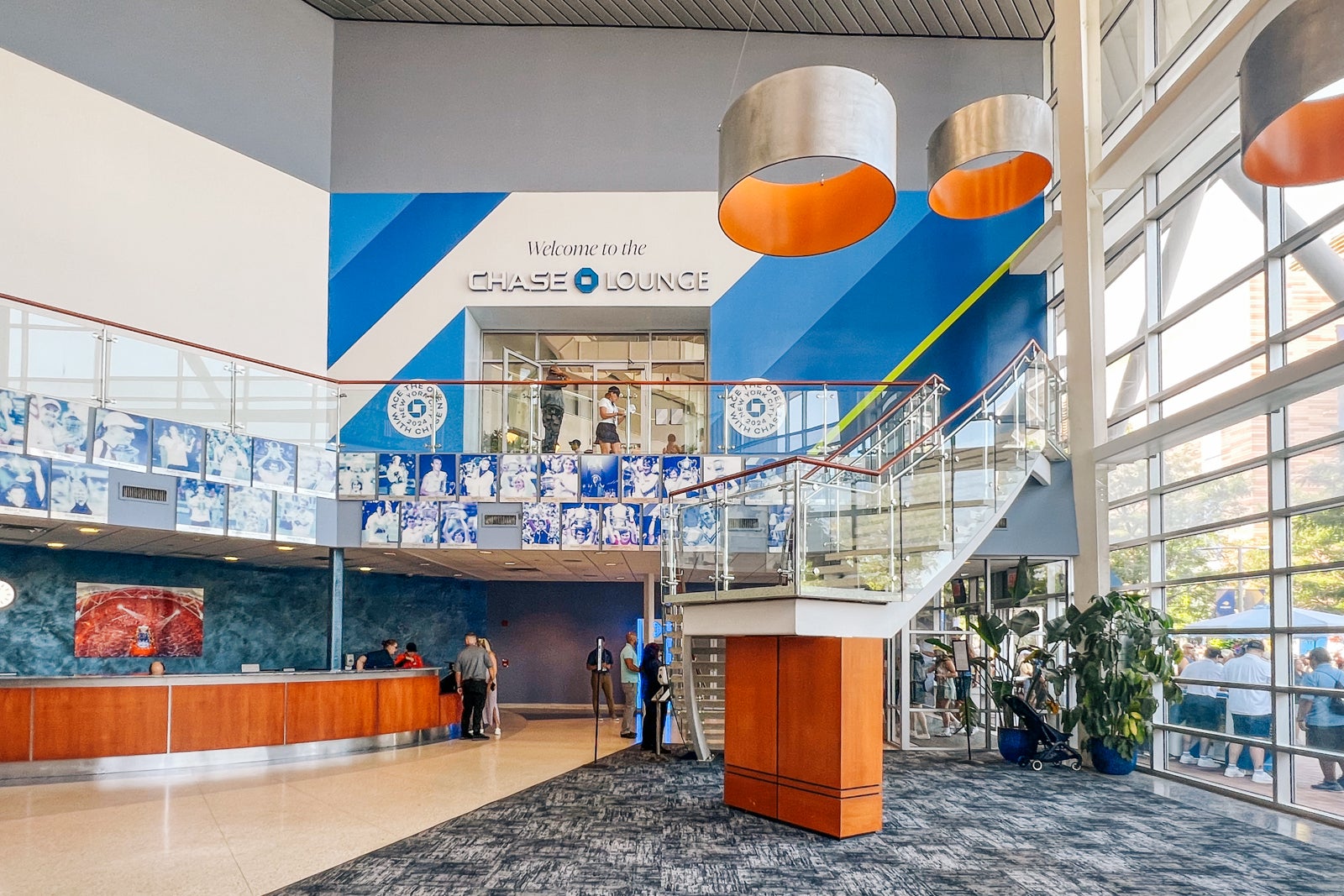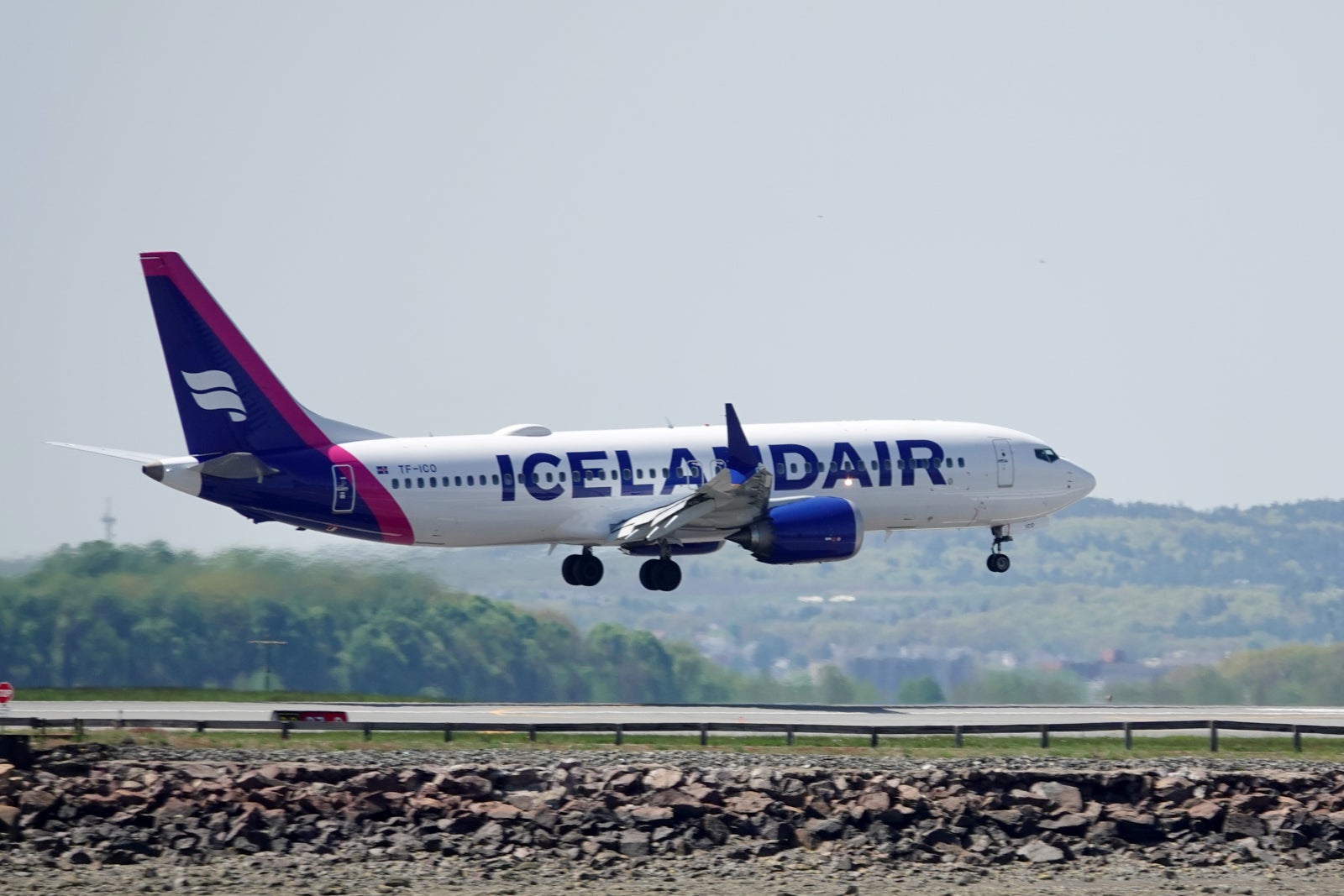Airlines face new rules over refunds and upfront pricing
Airlines will soon face far stricter rules for issuing refunds, the Biden administration said Wednesday.
Among the changes, the White House defined what kinds of long delays or cancellations entitle passengers to refunds.
Eligible travelers must receive refunds automatically to their original form of payment within seven to 20 days, depending on how they paid, the U.S. Department of Transportation announced as part of a series of new regulations.
Meanwhile, the DOT will require airlines to more clearly disclose fees for ancillary charges like baggage and itinerary changes upfront.
They’ll also face stricter rules for refunding late bags and faulty Wi-Fi.
It’s the latest set of new rules the Biden administration has imposed on airlines in the name of consumer protection. These rules, the DOT said Wednesday, are expected to save travelers an estimated half-billion dollars annually.
“Passengers deserve to know upfront what costs they are facing and should get their money back when an airline owes them — without having to ask,” U.S. Transportation Secretary Pete Buttigieg said in a statement announcing the changes.
Want more aviation news? Sign up for TPG’s free biweekly Aviation newsletter.
Both of the new regulations will take effect by late October, the DOT tells TPG. However, it may be closer to a year before travelers will notice some provisions.

Daily Newsletter
Reward your inbox with the TPG Daily newsletter
Join over 700,000 readers for breaking news, in-depth guides and exclusive deals from TPG’s experts
Here’s what to know about the new policies unveiled by the DOT.
Automatic refunds required (no more asking for one)
The DOT will require airlines to issue automatic refunds to passengers when flights are canceled or when itineraries are significantly delayed or changed. Keep in mind that this will only apply if the passenger ultimately chooses not to travel and doesn’t accept rebooking or other forms of compensation.
The DOT already mandates that passengers are owed a refund for any unused portion of their itinerary in these situations. This is true regardless of the reason for the disruption. (It doesn’t matter if the cancellation is due to maintenance, weather or some other reason.)
However, many travelers have found they often have to ask for a refund. This typically involves filing a request by email, online or over the phone. The DOT wants that to end.
“Without this rule, consumers have to navigate a patchwork of cumbersome processes to request and receive a refund,” the DOT said in a statement.
Related: Here are airline passenger rights to know during a travel meltdown
How soon should you get a refund after a flight?
Going forward, airlines will be required to automatically issue refunds — when owed — within seven days for passengers who booked their flight with a credit card and within 20 days for those who used alternative payment methods.
The airline won’t be allowed to substitute vouchers, travel credits or other forms of compensation like frequent flyer miles unless the passenger agrees.
But what’s a ‘significant change’?
An ambiguous part of current federal regulations involves the “significant change” provision mentioned above.
Along with canceled flights, passengers are entitled to refunds when their flight is significantly changed or delayed (if they choose not to accept rebooking).
What exactly constitutes a “significant” change, you might ask? Until now, the DOT has decided that on a case-by-case basis.
The new rule spells it out:
- A domestic itinerary’s departure or arrival is pushed back (including delays) by three hours or more
- An international flight’s departure or arrival is pushed back (including delays) by six hours or more
- An itinerary moved up by six hours or more
- A traveler’s origin or destination is altered
- An itinerary in which the traveler ends up with more connections than the original itinerary
- When a traveler is downgraded to a lower class of service
- When a disabled passenger ends up being scheduled to travel through one or more connecting airports that differ from the original itinerary
- When a disabled passenger ends up being scheduled to fly on a different aircraft than planned, which results in one or more required accessibility features being unavailable
Airlines will also be required to inform consumers that they are entitled to a refund before offering an alternative flight, travel credits, vouchers or other compensation.
Cases where you’re not due a refund
Again, remember that these rule changes do not entitle you to a refund if your flight is delayed or canceled and you end up accepting the airline’s offer to rebook on a later flight.
The DOT did, last spring, propose compensating passengers for delays and cancellations that are within the airline’s control — even when a passenger receives rebooking accommodation. However, this proposal, which would bring U.S. policy more in line with European Union provisions, has not been finalized.
Refunds for add-on fees
Airlines will also be required to issue refunds for ancillary fees paid when services aren’t received. This applies to “extras” like baggage and Wi-Fi.
That means if your Wi-Fi doesn’t work, you should be able to claim a refund.
Airline bag fee refunds
The rules include baggage: Airlines will be required to refund baggage fees when customers’ luggage is significantly delayed.
This applies to bags delayed by 12 hours or more for domestic flights and 15 or 30 hours or more for international flights, depending on the length of the itinerary.
Displaying charges upfront
Under a second rule unveiled by the Biden administration Wednesday, airlines will be required to be more overt about displaying all ancillary fees upfront.
The DOT will require both airlines and third-party sellers like online travel agencies to include costs for add-ons “critical to consumers’ purchase decisions.”
Those include:
- First and second checked bags
- Full-size carry-on bags
- Change and cancellation fees
Airlines must display that pricing information “clearly, conspicuously, and accurately” the first time the fare and schedule information is provided.
Third-party sellers like travel agents and online travel agencies will also have to convey this information upfront, the DOT said.
Several major hotel chains, including Hyatt and Marriott, have had to make similar changes over the past year following recent court rulings.
Seat selection disclosure
Airlines will also be required to alert passengers that they’ll still receive a seat on the plane even if they don’t pay to select one.
Under the new regulation, airlines will have to display the following message when offering passengers the chance to pay for a seat:
“A seat is included in your fare. You are not required to purchase a seat assignment to travel. If you decide to purchase a ticket and do not select a seat prior to purchase, a seat will be provided to you without additional charge when you travel.”
On many carriers, passengers who book a ticket without complimentary seat selection (often in basic economy or on a budget airline) will be assigned a seat at check-in or at some other point prior to boarding.
When will these rules take effect?
Carriers will have until late April 2025 to begin displaying this information on booking channels, so it may be the better part of a year before consumers notice major changes.
The DOT argues these changes will end “bait-and-switch” tactics which it says some airlines use to disguise costs; the department noted that its data showed airline bag fee revenue increased by more than 30% between 2018 and 2022, far exceeding the pace of operating revenue growth.
Airlines respond
Airlines argue they provide consumers with a wide range of ticket types, are already diligent about issuing refunds and offer transparency “from first search to touchdown.”
“U.S. airlines are committed to providing the highest quality of service, which includes clarity regarding prices, fees and ticket terms,” Airlines for America, a trade group for the largest U.S. carriers, said in a statement to TPG on Wednesday.
The group notes average domestic round-trip fares combined with ancillary fees — adjusted for inflation — are cheaper now than in 2010.
Airlines often go above and beyond DOT guidelines, the organization said, noting the largest 11 U.S. carriers issued $43 billion in refunds between the height of pandemic shutdowns in May 2020 and December 2023.
Related reading:







